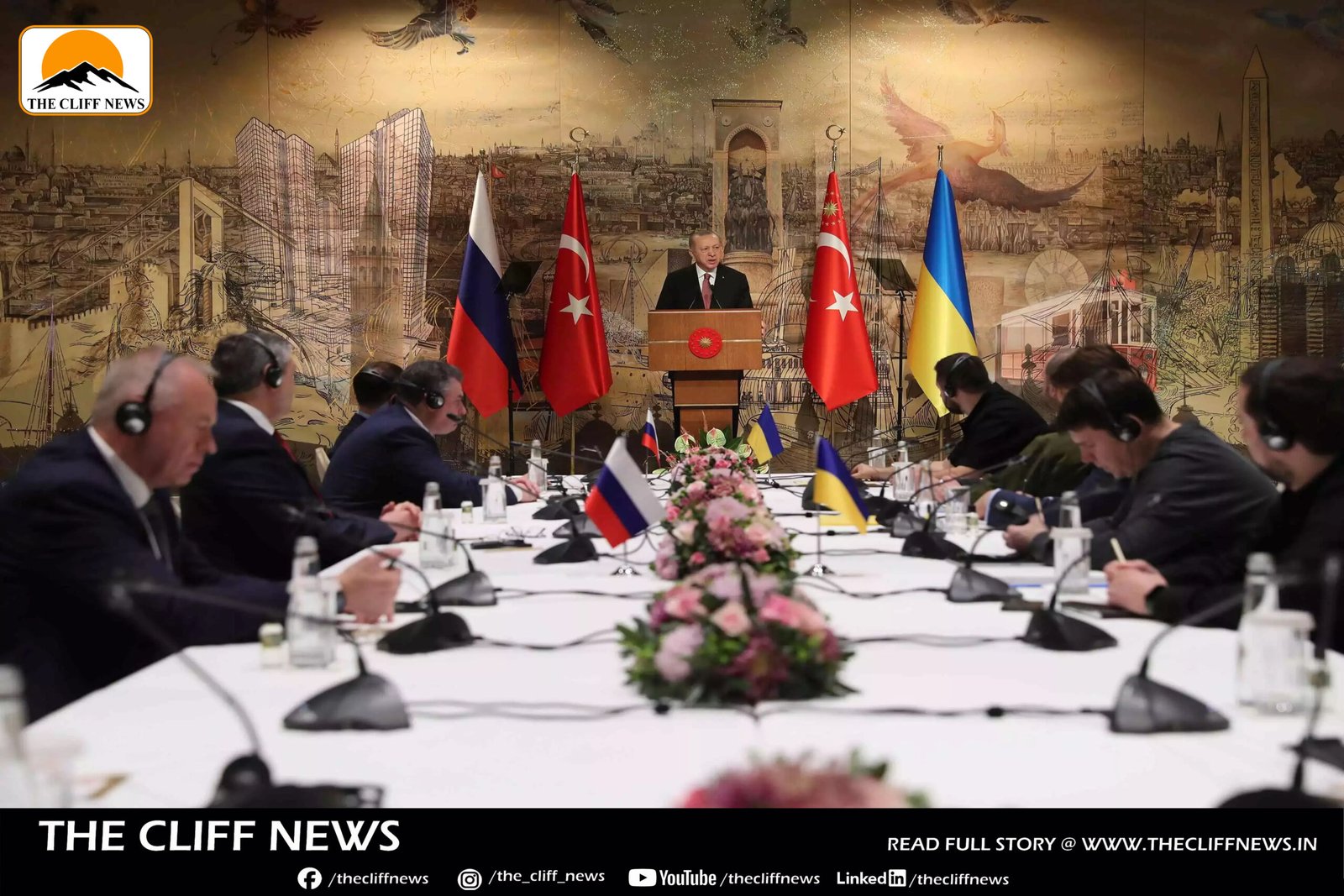Ukraine and Russia are poised to enter their first direct negotiations in over three years on Thursday in Istanbul, marking a potentially significant moment in the ongoing conflict. However, the absence of Russian President Vladimir Putin from the talks has cast doubt over their potential impact.
Ukrainian President Volodymyr Zelensky had publicly invited Putin to engage in face-to-face dialogue in Istanbul, stressing that peace talks should involve the man who started the war. “This is his war… Therefore, the negotiations should be with him,” Zelensky said earlier this week. Despite this, the Kremlin has instead appointed a lower-level delegation, suggesting reluctance to engage at the highest level.
The Russian team will be led by Vladimir Medinsky, a former culture minister and a staunch advocate of Russia’s historical claims over Ukrainian territory. Also included are Deputy Foreign Minister Mikhail Galuzin, Deputy Defence Minister Alexander Fomin, and GRU intelligence chief Igor Kostyukov. High-profile figures such as Foreign Minister Sergei Lavrov and top Kremlin aides were notably absent from the delegation.
The Istanbul talks follow a failed round of negotiations shortly after Russia’s full-scale invasion in February 2022. Since then, the war has claimed tens of thousands of lives and led to Russia occupying roughly one-fifth of Ukrainian territory, making it Europe’s most devastating conflict since World War II.
Putin had previously suggested May 15 as the date for talks, after Ukraine and European nations proposed a 30-day unconditional ceasefire. Zelensky accepted the date but made clear that meaningful dialogue required Putin’s direct involvement. “I am waiting to see who will arrive from Russia. Then I will decide what steps Ukraine should take,” he said on the eve of the summit.
Moscow continues to demand that the talks address what it describes as the “root causes” of the war, including the demilitarisation and “denazification” of Ukraine—terms widely viewed as pretexts for aggression. Russia is also insisting that Ukraine cede territory currently under Russian control, a position Kyiv has repeatedly rejected.
European leaders have warned that failure to make tangible progress at the Istanbul summit could trigger a fresh round of sanctions against Russia. With Putin absent and Ukraine’s stance firm, the outcome of the talks remains uncertain, and expectations of a breakthrough are low.



